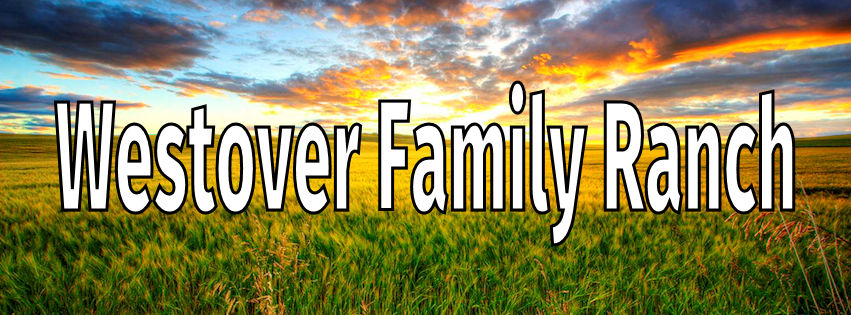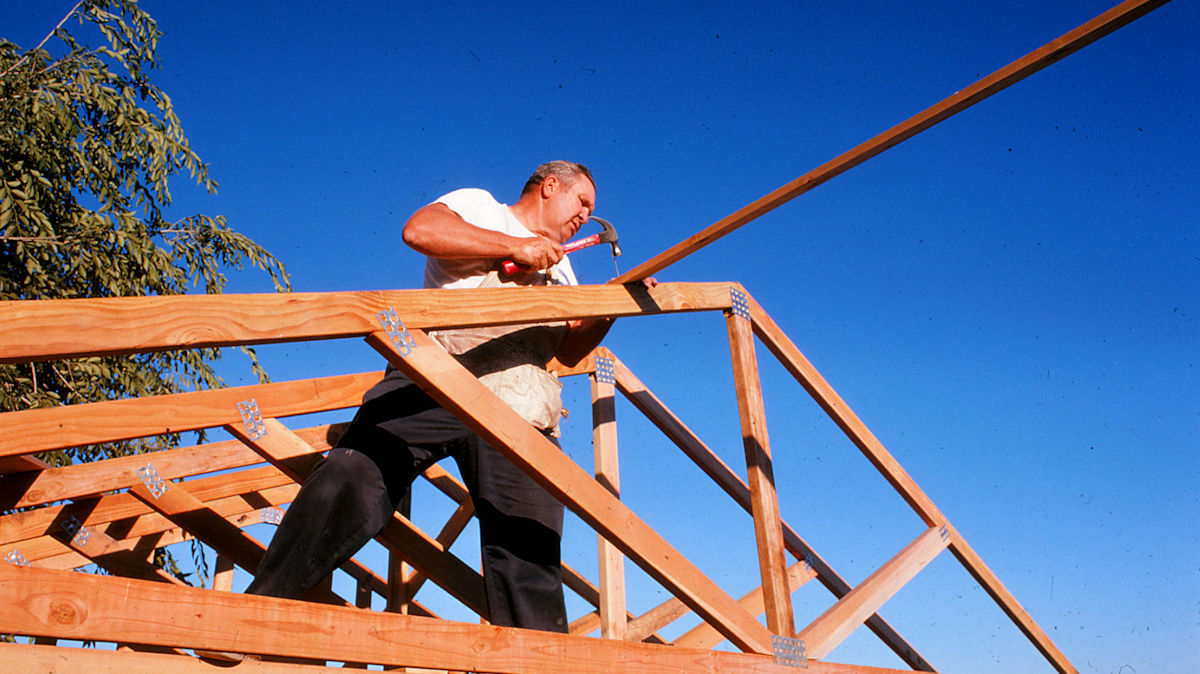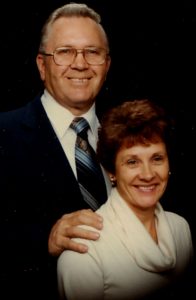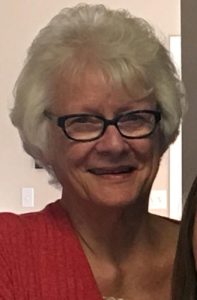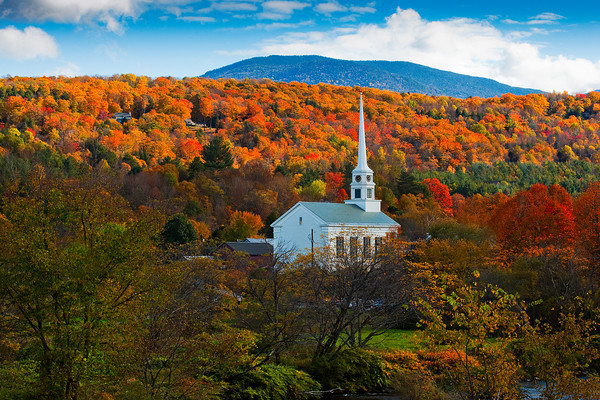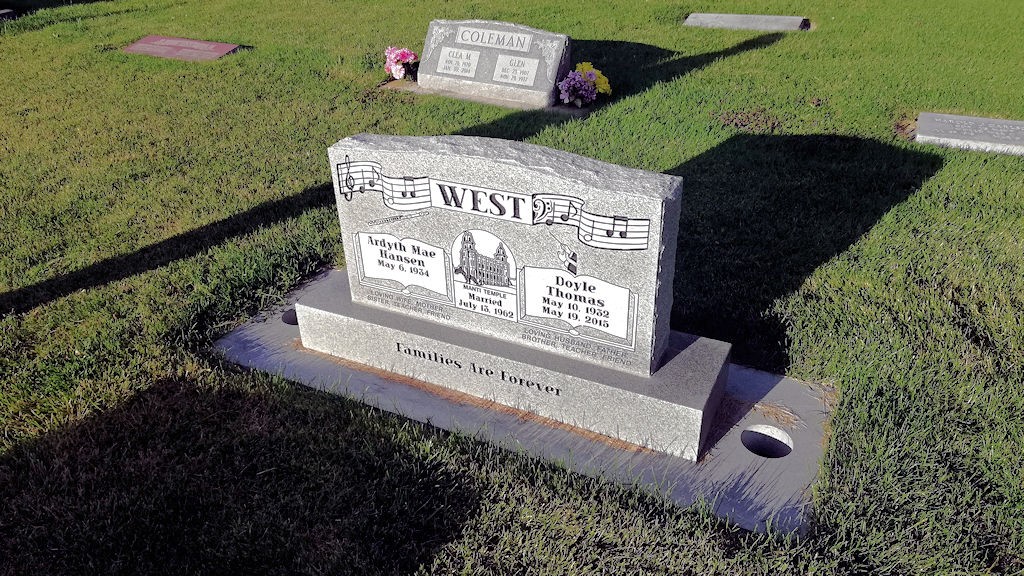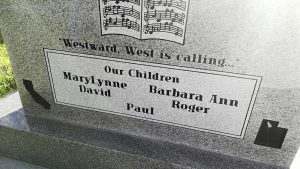Revelations from a Trip to Rexburg
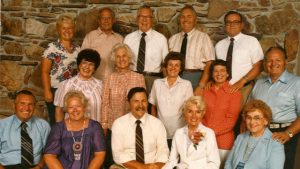 I just returned from a visit to the Westover Family Ranch in Rexburg, Idaho. I was there to attend a board meeting of the ranch. I learned a great deal.
I just returned from a visit to the Westover Family Ranch in Rexburg, Idaho. I was there to attend a board meeting of the ranch. I learned a great deal.
I must confess that my own personal time spent at the ranch has been limited. As a child I heard much about the ranch. But it wasn’t until just a few years ago that I attended a family event there.
After the business of the board was done I attended a nice family meeting and then began a short period of visiting. During the course of the morning I heard many stories I had not heard before — stories of my uncles and my grandfather, all of who had a hand in building the facilities there at the ranch and all who sacrificed much more than just money in bringing the thing about.
As I heard these stories I was impressed with the need to record them. There is so much of our recent family history of the past 100 years sewn within the walls of the Westover Family Ranch yet they reside only in the memories of those who tell them. It is a great history, one we should all know and celebrate.
My feelings about the ranch have always been ambivalent. After all, I did not grow up there and because I have not attended all the many reunions held there, I have not had much invested in it. It has been, in my mind, just a plot of dirt in Idaho.
I have been wrong about my feelings.
I should have been more interested. I should have attended some of those events when it was in my power to do so. I should have been more faithful to the idea that it is a place prepared for me by family members for sacred purposes.
This weekend I learned the two purposes of the ranch are to regularly gather the family and to preserve the history of the family.
That is nothing to be ambivalent about. In fact, sitting where I am now in my life, I am inspired by how visionary my grandfather and uncles were in their efforts.
How can I become a better part of the ranch and it’s mission?
The actual history of the ranch dates back to the 1880s and the founding of Rexburg. Back then it was the homestead of the William and Ruth Westover family.
When William and Ruth passed away in the early 20th century the ranch land passed through a few hands but a portion of it was always kept within the family. Later generations worked to continue a family presence there and to build the Westover Family Ranch, as it is now known, in the 1970s.
Next year, 2019, the Westover Family Ranch celebrates 40 years.
I believe between now and next summer much can be done to celebrate that accomplishment and to make a record of its impact on the modern history of the Westover family.
Can you and will you help? I am specifically looking to interview those with an intimate knowledge of how the ranch effort came together in the 1960s and 1970s. I want to collect the stories of those who worked on it and to learn the details of what transpired in building the ranch. Please contact me.
I would like to collect photos, films, and documents relative to the ranch.
I would like to prepare and archive all of this information both here on this site and then to present it at reunions scheduled to be held by various branches of the family in 2019 and 2020.
My quick day trip to Rexburg also revealed some sad facts to me:
1. I don’t know as many members of the family as I should and they do not know me. That is not good.
2. While many members of the family appreciate our history they do not know it.
Those things fall to me. I can and I will do something about it.
I hope those who read these pages will join me in the efforts of celebrating better the Westover Family Ranch and participating in what happens there. I hope to see a recommitment to the ideals set forth by those who pounded nails, made plans, contributed money, time and great effort to build the ranch and make it what it is for us today.
I hope to expand the understanding of why that piece of dirt in Idaho matters. I believe it to be a place where every one of the descendants of William and Ruth Westover should visit and participate in events there.
I learned that what is there at the ranch is not all that the generation of my grandparents intended. They wanted it to be more. They wanted to include a building that would specifically archive the family’s history and provide a place for it to be taught.
I believe that our generation could and should make that happen. I believe taking the ranch to the next level – well, really, to fulfill what was originally intended – is something we owe to those who came before and to our children and grandchildren here after.
If they could pull it off, we can pull it off – and we should.
If you have been ambivalent about the ranch, please join me in making a commitment to no longer feeling that way. Turn your heart.
Miracles have and are happening there and that is for a reason. They are every bit as important as the miracles we have experienced relative to our work family history. They belong together and we need those miracles in our lives.

